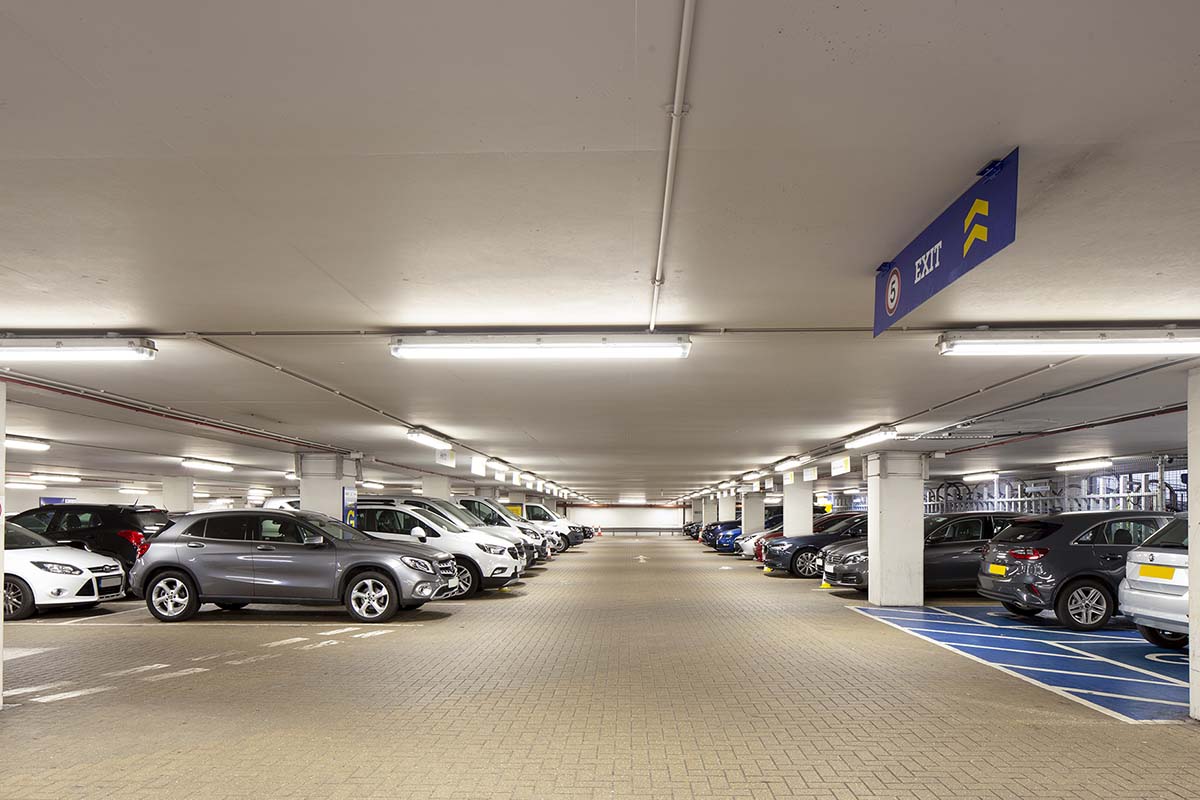Seeing the Unseen: The Essential Role of Building Inspections

Building inspections are a crucial aspect of property ownership and maintenance. Many local governments require regular inspections of buildings to ensure that they are up-to-code and safe. While the physical appearance of a building may seem fine on the surface, underlying issues could impact safety, functionality, and cost.
In this article, we will explore the importance of building inspections and how they uncover unseen problems, ensuring a safe and well-maintained living or working environment.
The Pre-Inspection Phase
Before conducting a building inspection, it’s essential to understand its purpose and gather the necessary documents and information. This includes reviewing architectural plans, permits, maintenance records, and any relevant history about the building. Scheduling the inspection with a professional inspector is also crucial. During the pre-inspection phase, inspectors should be able to identify potential safety or structural issues and develop a plan to address them.
During the Inspection
Building inspections typically cover the exterior, interior, and systems. The exterior inspection focuses on assessing the structural integrity, identifying safety hazards, and examining the overall condition of the building’s facade, roofing, windows, and landscaping. The interior inspection involves evaluating the condition of walls, floors, ceilings, and fixtures and identifying any signs of water damage, mold, or pest infestation.
There are also system-specific inspections, such as electrical or ventilation. During these inspections, inspectors look for problems such as faulty wiring and improper venting that could compromise safety or lead to further damage. In Aurora, radon inspection is also required for homes and commercial buildings.
Unveiling Hidden Problems
Building inspections are designed to uncover hidden problems that may not be immediately apparent to the untrained eye. Common issues discovered during inspections include faulty wiring, plumbing leaks, inadequate insulation, structural damage, water intrusion, and hazardous materials like asbestos or lead-based paint. Identifying these issues early on is crucial to avoid potential safety hazards, costly repairs, and legal liabilities.
The Inspection Report
A comprehensive and detailed inspection report is a crucial outcome of the inspection process. It summarizes the inspector’s findings, including identified issues, recommended repairs, and maintenance suggestions. Understanding the report’s implications is essential for making informed decisions regarding the building’s maintenance and future investments.
Aside from being a helpful tool for property owners, the inspection report is also valuable for real estate agents and buyers. The buyer can use this information to make an informed decision about purchasing or leasing the building.
Discussing the report with professionals such as contractors, engineers, or architects is advisable to gain expert insights and guidance.
Addressing Identified Issues
Once issues are identified through the inspection, it is crucial to prioritize repairs and maintenance tasks. Some problems may require immediate attention, especially if they pose safety risks, while others may be more long-term concerns. Seeking professional assistance for complex issues is recommended, as they may require specialized knowledge or expertise. Budgeting for necessary repairs and improvements is also crucial to ensure the building remains in good condition and retains its value.
Beyond the Initial Inspection
Building inspections should not be seen as a one-time event. Regular maintenance and follow-up inspections are necessary to ensure ongoing safety and functionality. Establishing a proactive maintenance plan, including routine inspections, can help detect problems early on and address them before they escalate into significant issues. Regular inspections also provide an opportunity to assess the effectiveness of previous repairs or maintenance work.
Conclusion
Building inspections are vital in maintaining safe and functional living or working environments. They reveal unseen problems that can impact the overall condition and value of a building. By prioritizing building inspections, property owners can address issues in a timely manner, ensure the safety of occupants, and protect their investments. So, next time you consider buying or maintaining a building, remember the importance of seeing the unseen through professional inspections.













